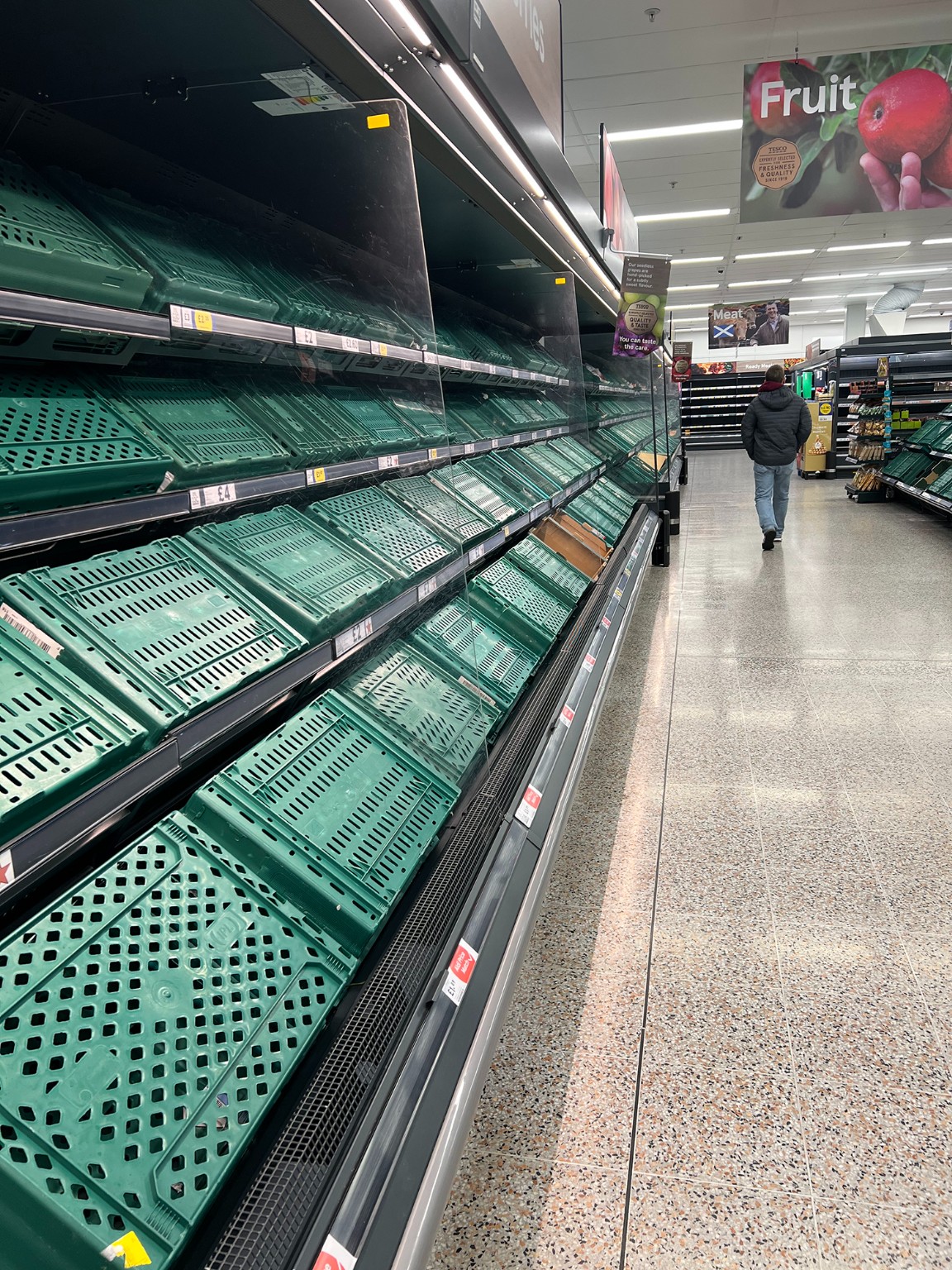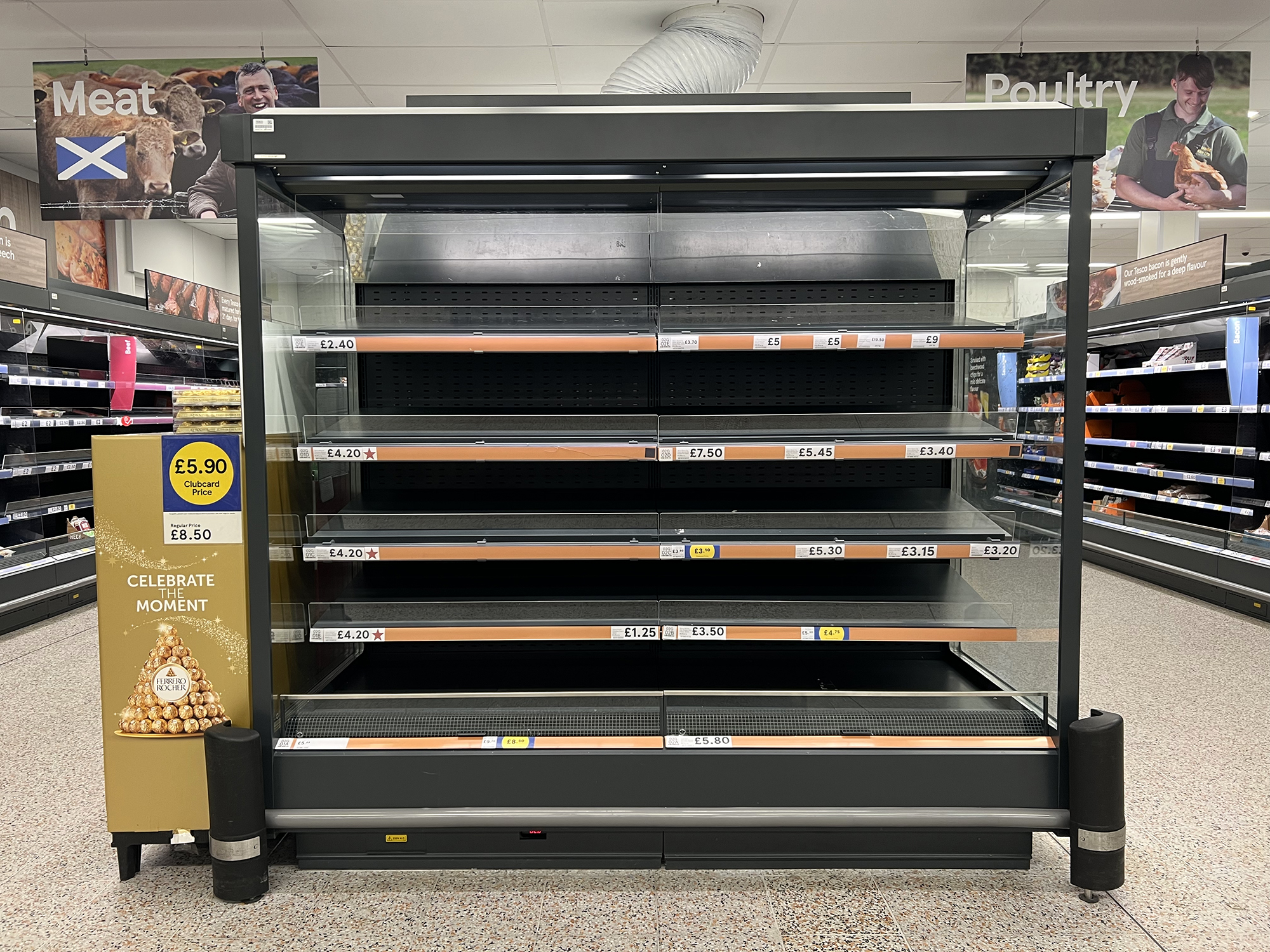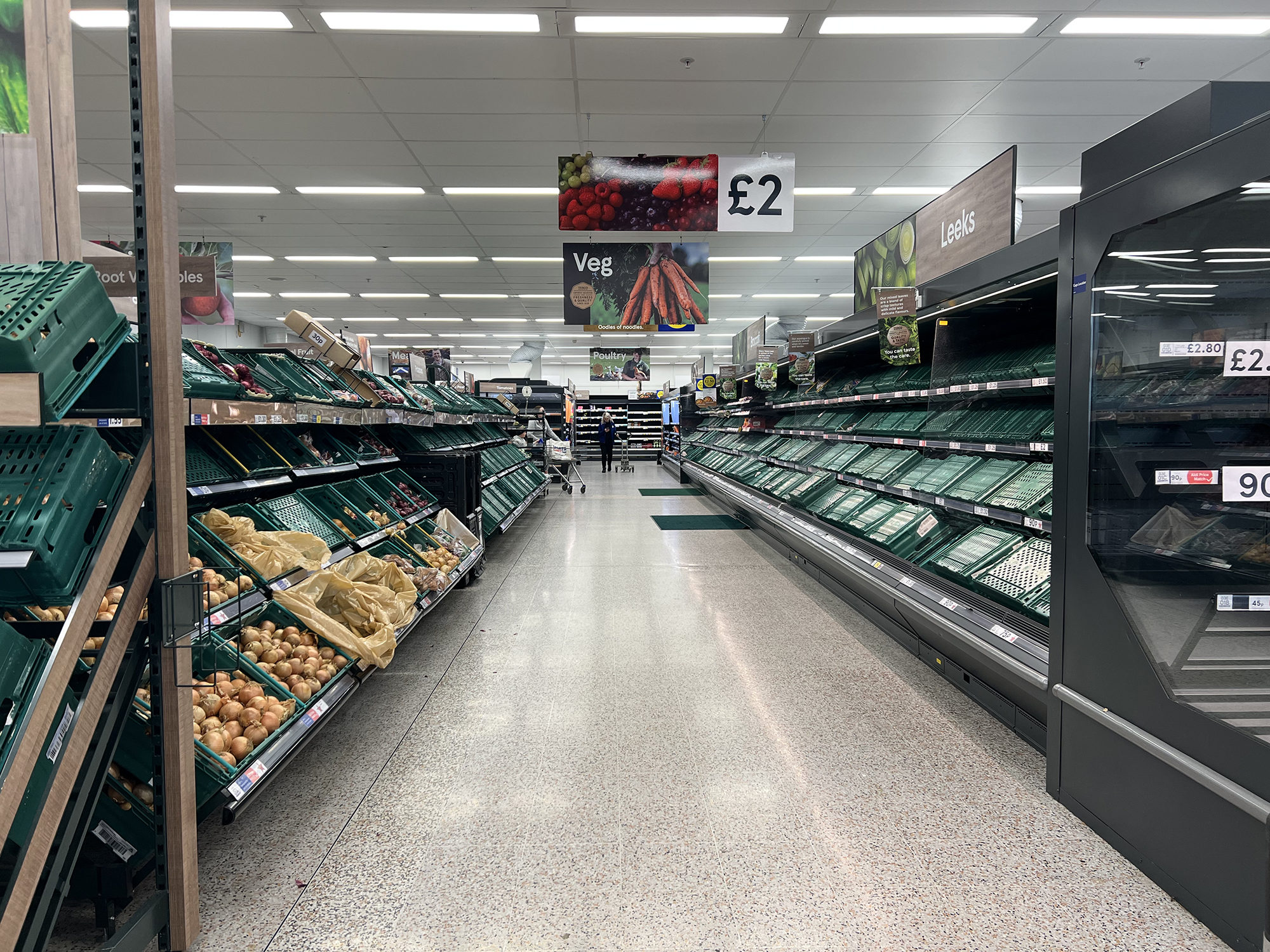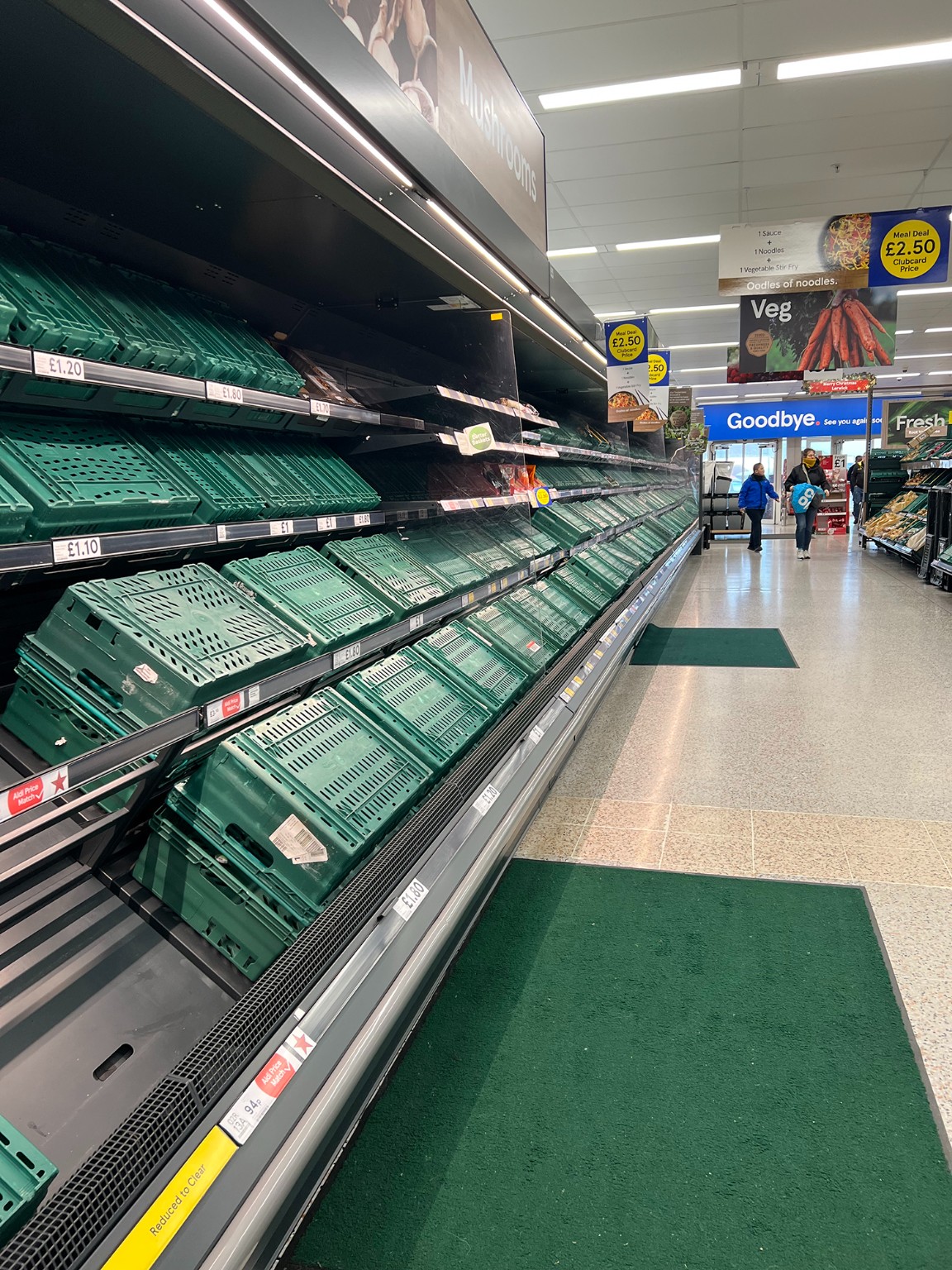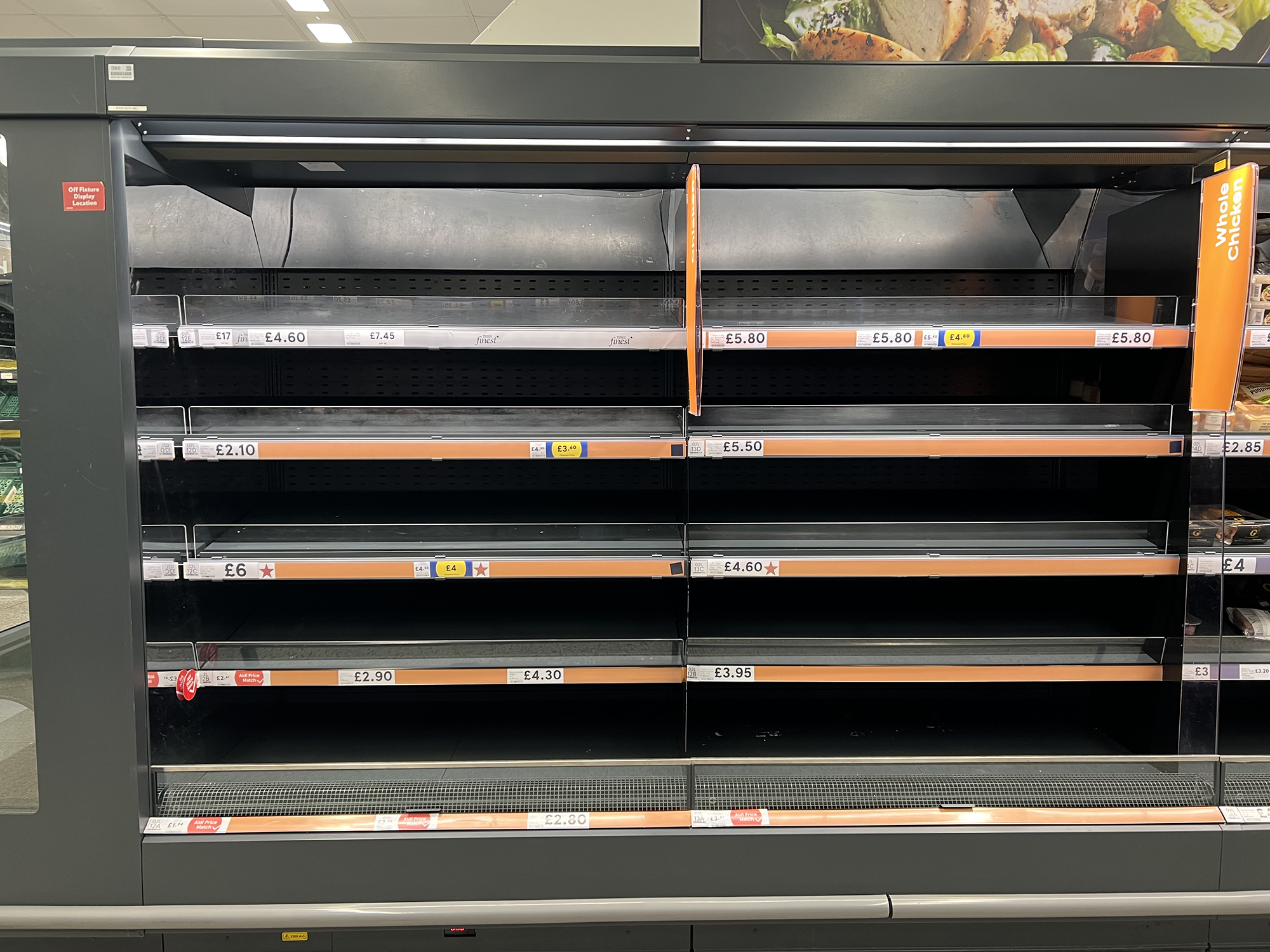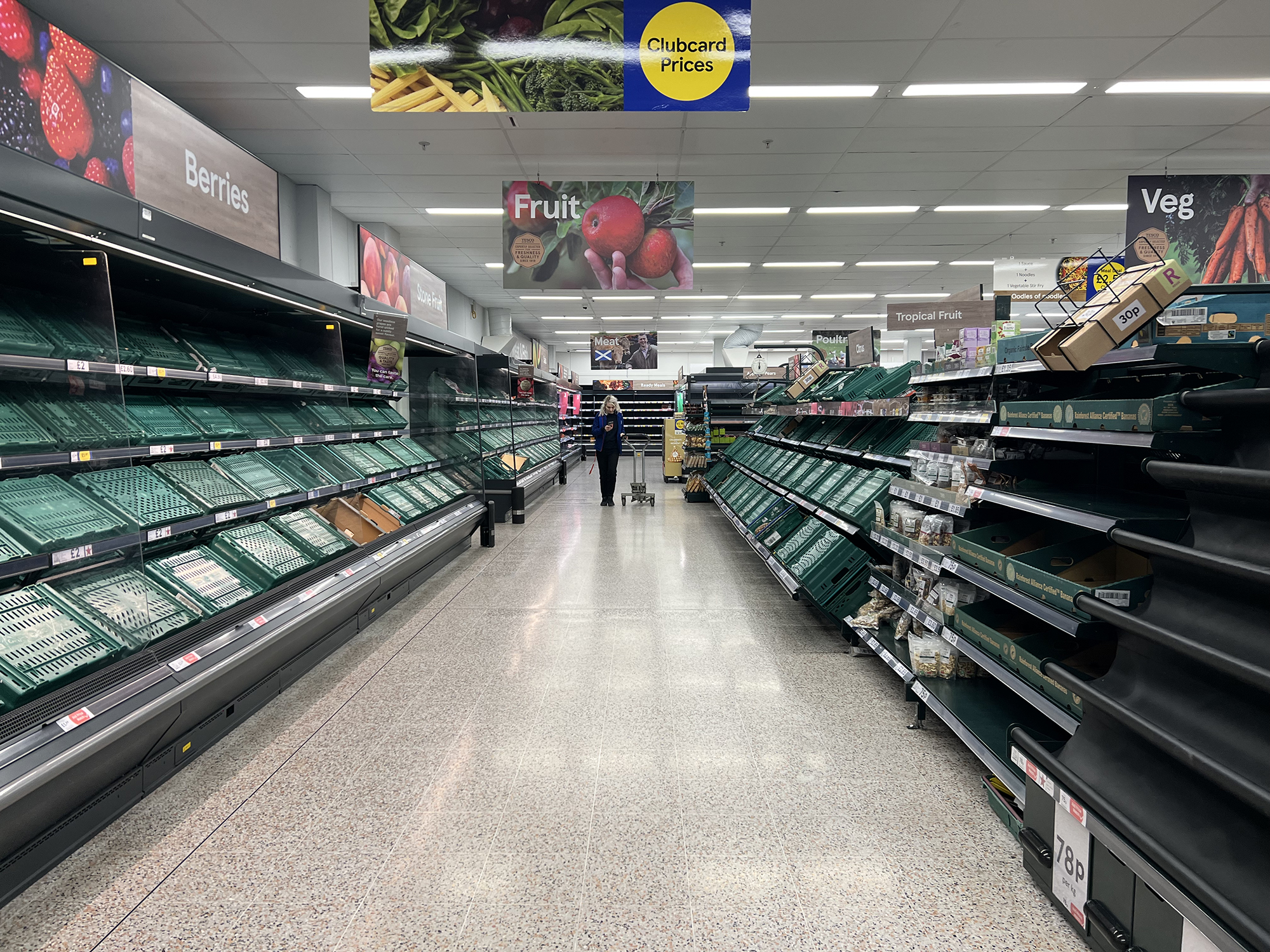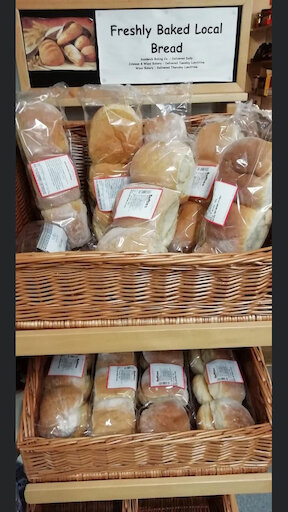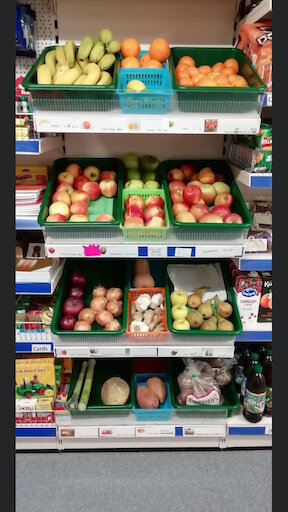This is not a surprise of course; this is just another year and Shetland winter, and as the season bursts in we face the familiar scene of empty supermarket shelves.
As soon as we get a whisper of a storm on the wind, we all seem to flock to the supermarkets and furiously clear the shelves, a sort of strange instinct kicks in where we think we desperately need six loaves of bread, ten bags of onions and four whole chickens or we may not survive the week.
As we empty the shelves, the supermarkets gladly accept our money as we frantically thrust it into their outstretched hands, happily profiting from our panic.
It is a well-choregraphed dance that happens each year, as the shelves empty and the boats no longer run, no more stock is delivered from south so the shelves remain barren and we get the standard response “well if people didn’t panic buy there would still be stock on the shelves”.
Which I guess to a point is true, but it’s a catch-22, people panic because they know the food on the shelves comes up from south, if we are cut off from the mainland, there is no food – albeit the storm would normally pass in a few days and the boats run again.
We are just the victims of a broken food system.
Now the food system has been broken for decades but we have only very recently been hearing about it, particularly during the lockdowns of 2020 as the covid pandemic brought the world to its knees.
With island living I think the national food system issues are brought more to light. I could write many articles in detail about this, and to properly explain such a complex issue would likely need to be several very long articles, but there is already a local councillor highlighting this fact quite publicly.
I only really need to briefly discuss two linked key points for this article, which are: a globalised food system and supermarket buying power.

